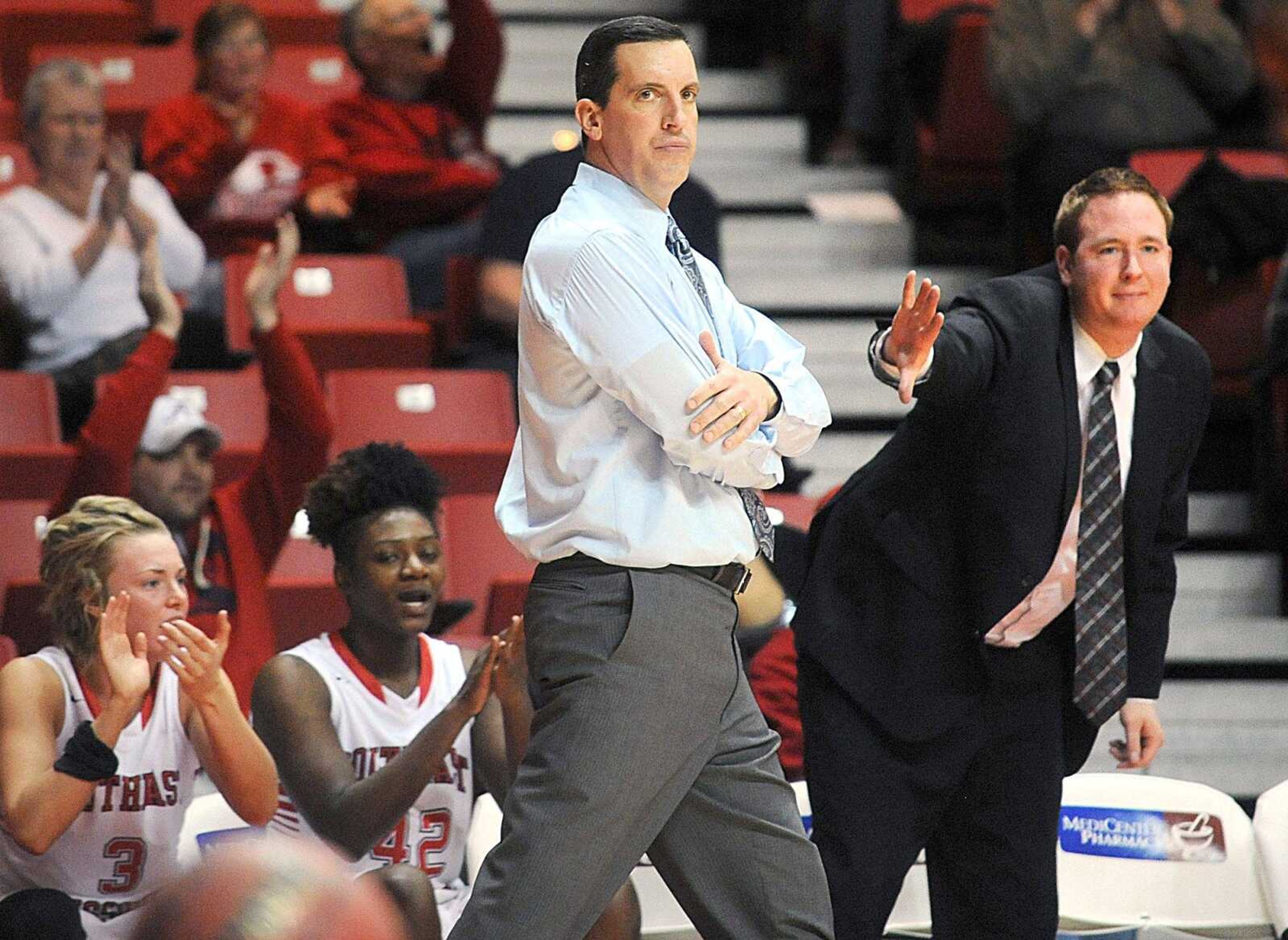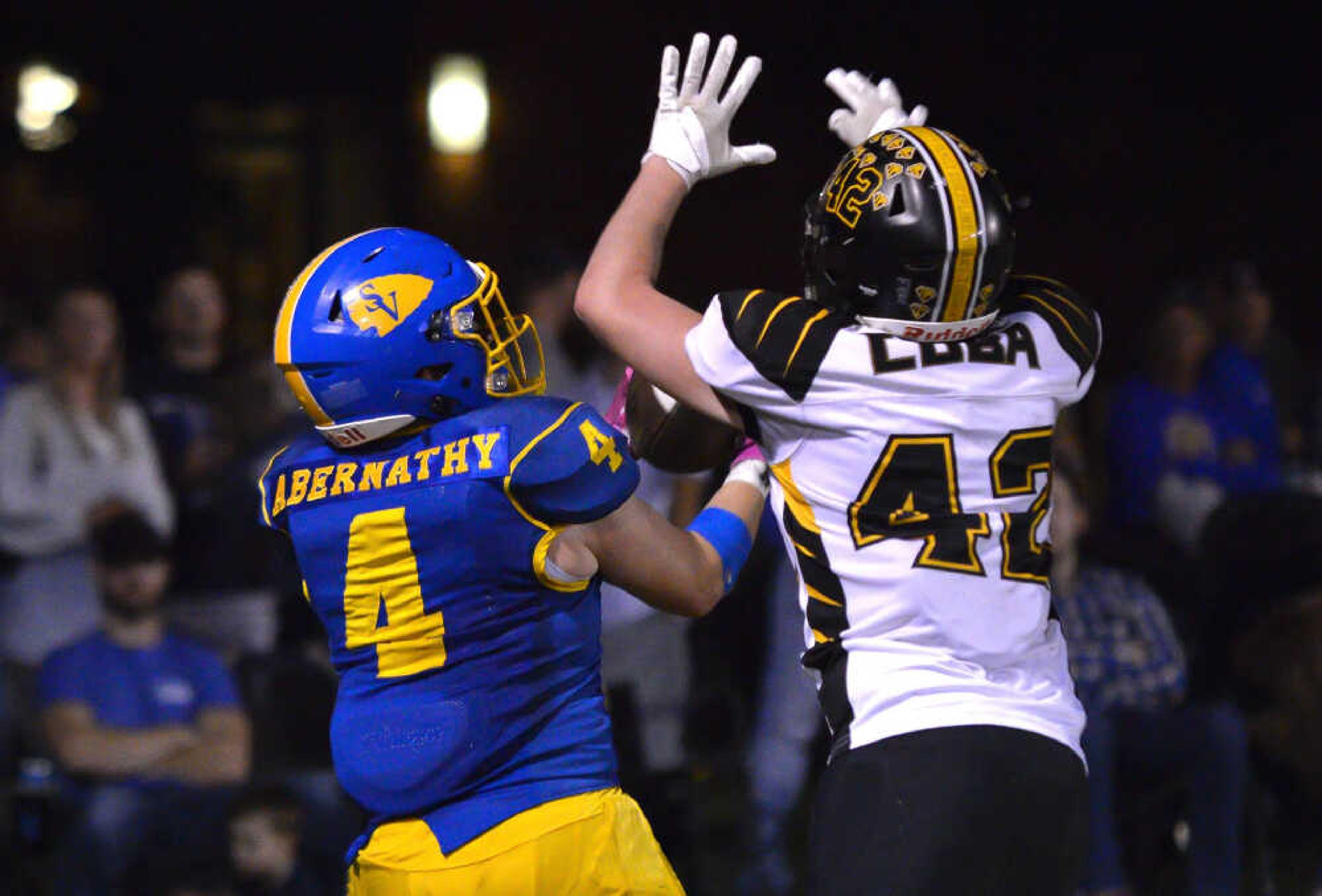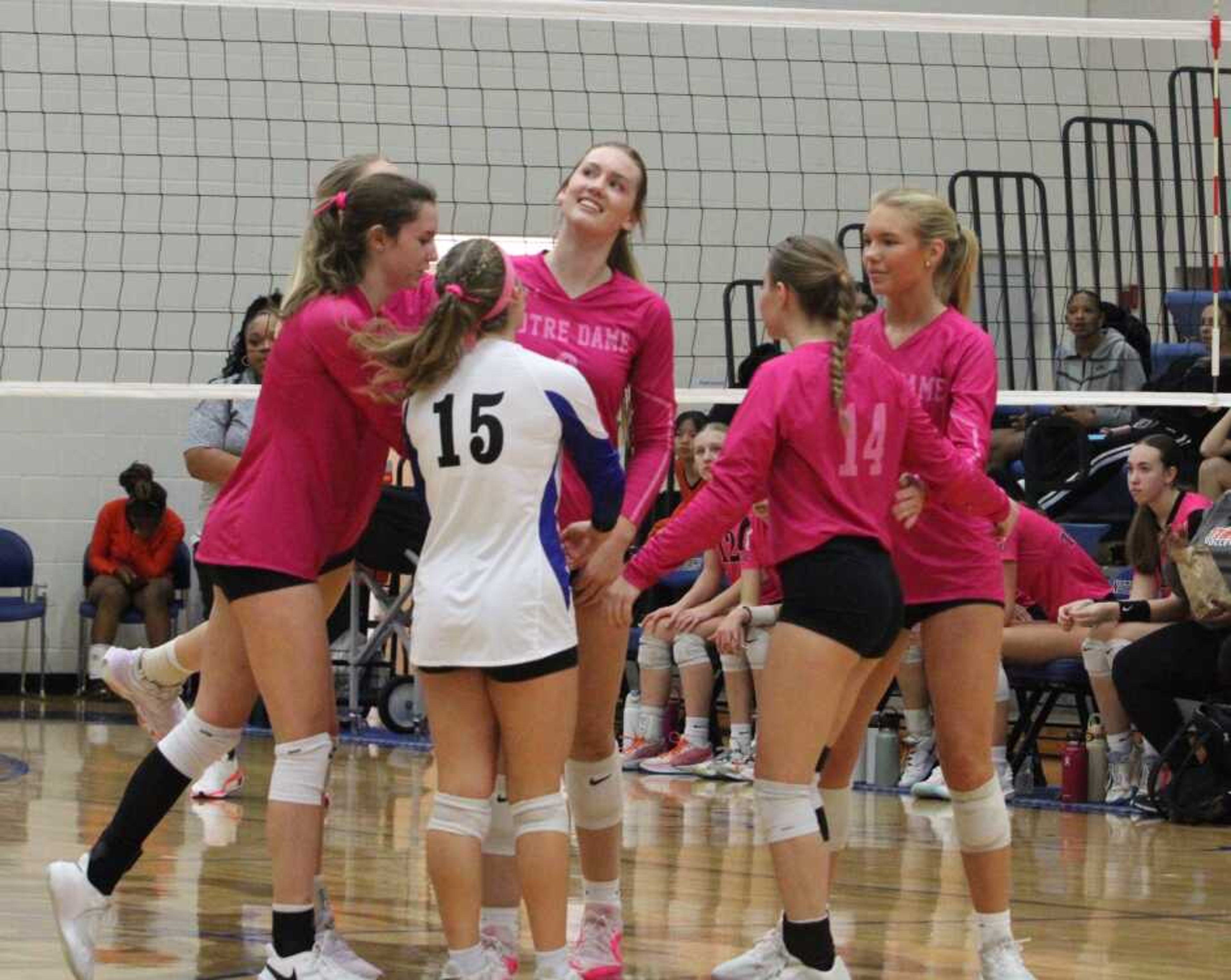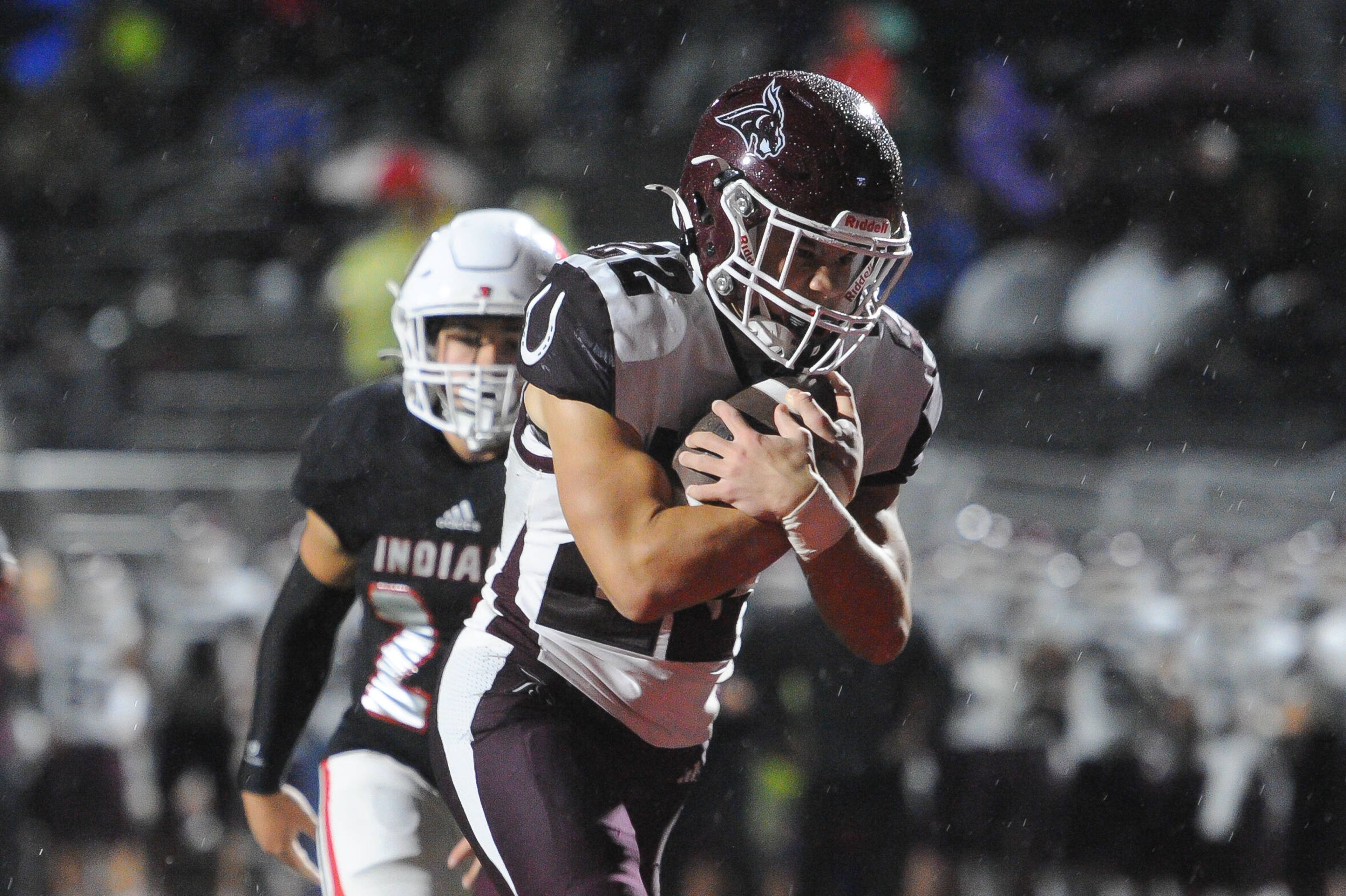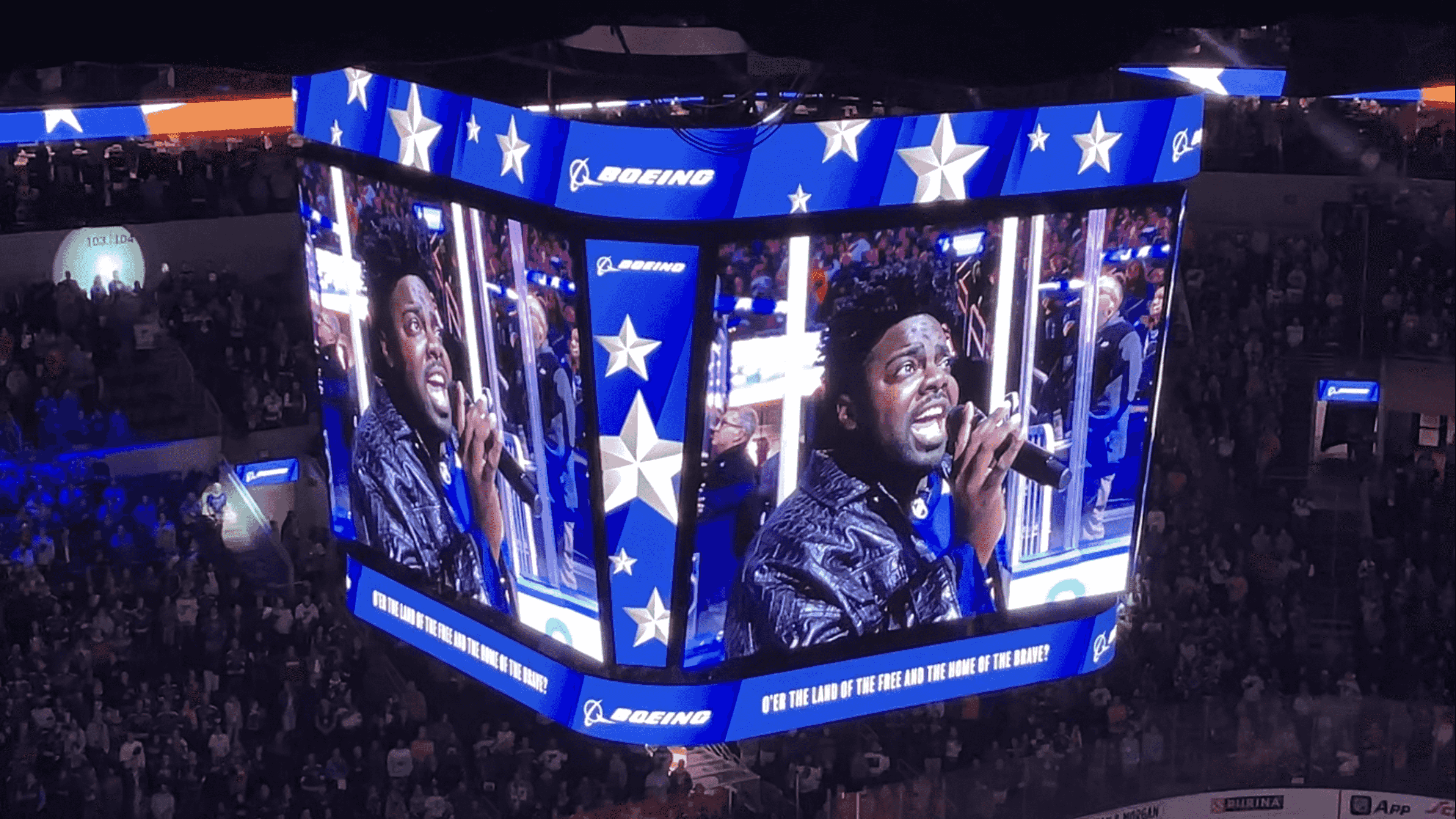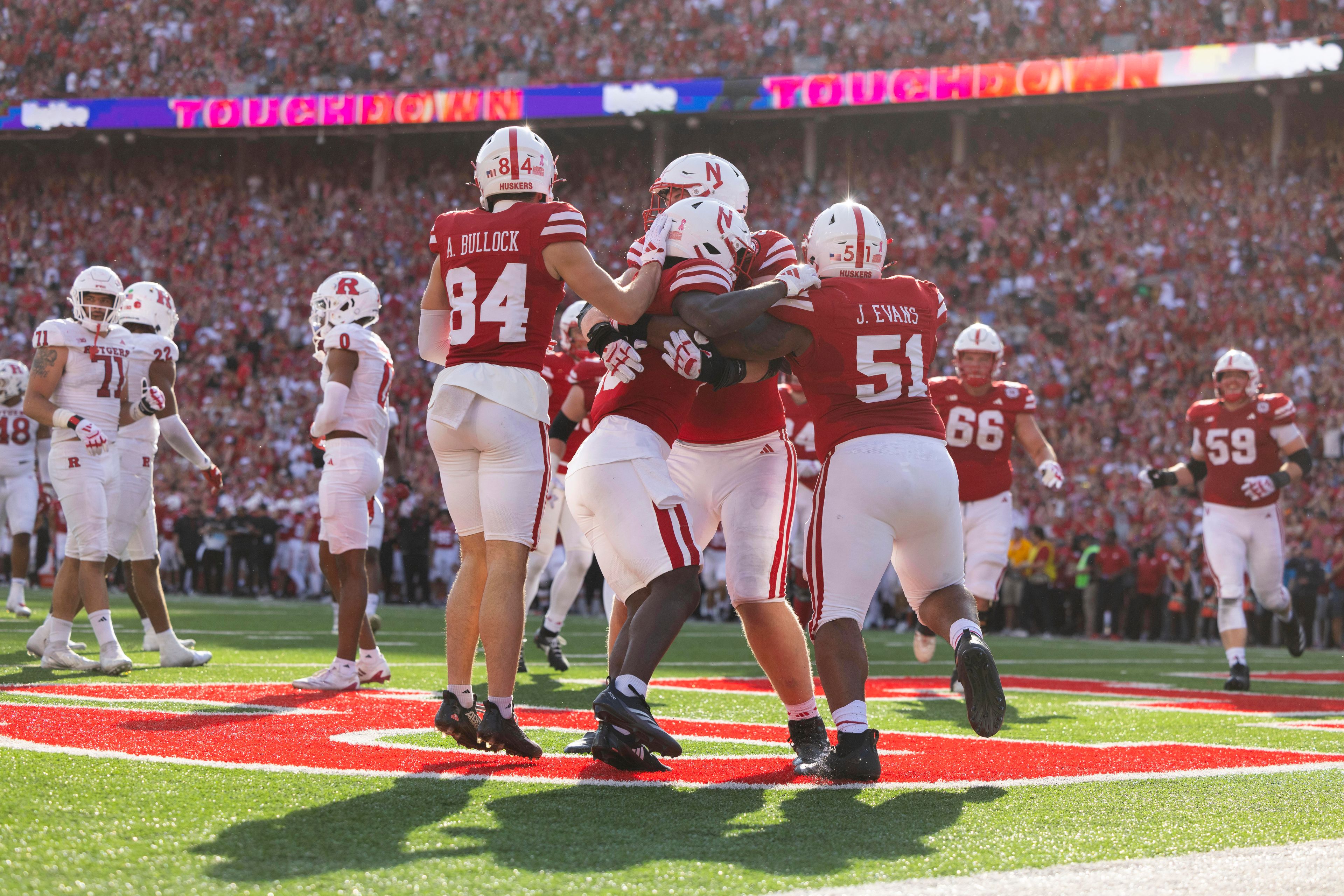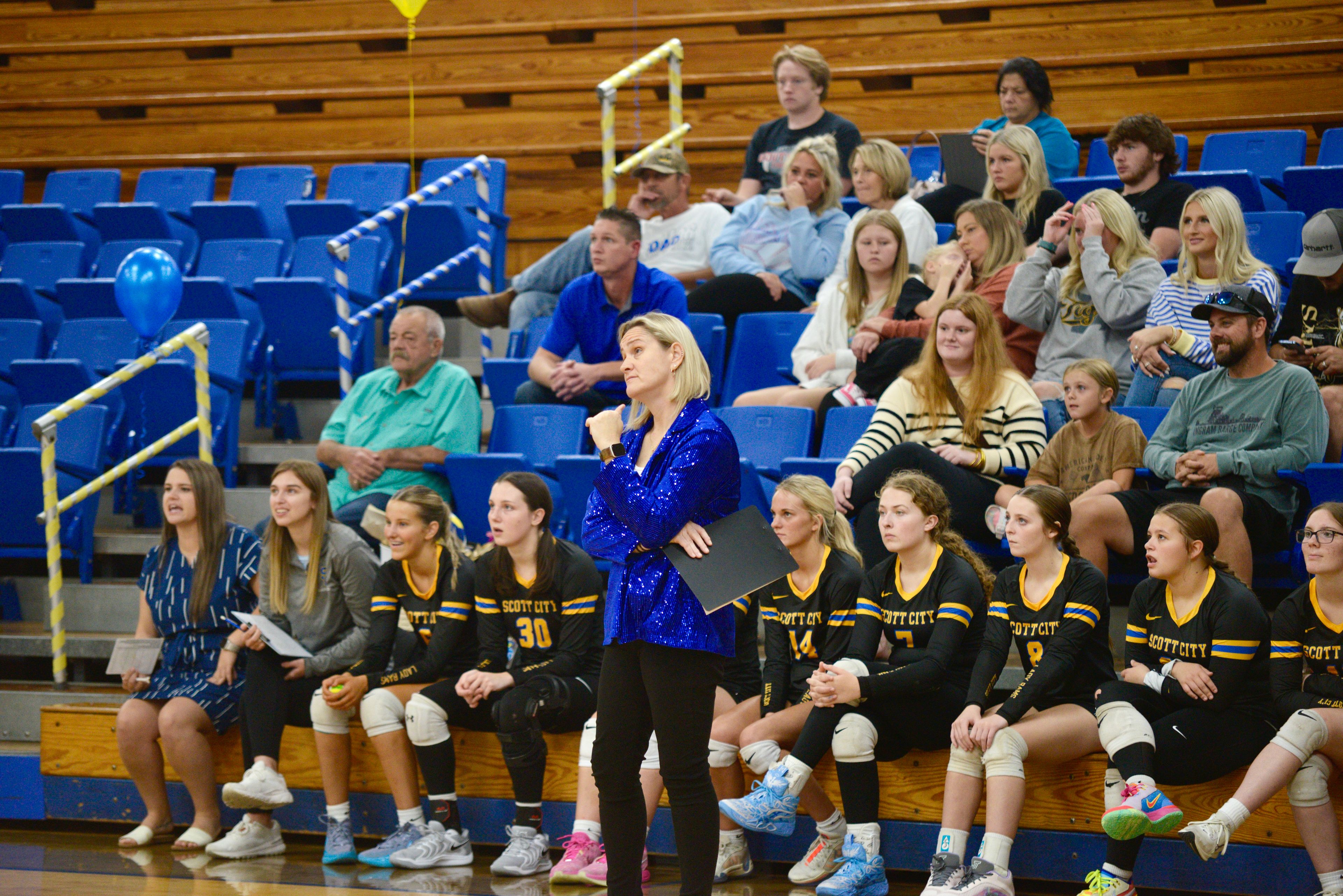Southeast: Former assistant coach flouted NCAA rules
A former women's basketball assistant coach provided recruits with free gifts at a team camp, provided access to a Netflix account and made impermissible contact with recruits on three occasions, according to a report from the university.
A former Southeast Missouri State women's basketball assistant coach knowingly broke NCAA rules when he provided recruits with free gifts at a team camp, provided access to a Netflix account and made impermissible contact with recruits on three occasions, according to a report from the university.
The report, which was provided in response to a public records request filed by the Southeast Missourian, provided greater detail about violations still under investigation by the NCAA and outlined previously undisclosed self-imposed penalties.
It also outlined a separate violation committed -- unknowingly, according to officials -- by head coach Ty Margenthaler as well as the assistant.
The university's athletic department announced Nov. 5 that Margenthaler was suspended for the first two games of the season but did not disclose additional self-imposed sanctions it submitted to the NCAA.
Margenthaler, identified in the report as "Head Coach," also was docked five days of pay after he ignored the university's instructions not to discuss details of the investigation with his other assistants. The program's 112 recruiting days were reduced to 100, and the number of recruiting opportunities with the two recruits involved was cut from seven to one for this academic year.
The assistant who committed the violations, most of which occurred over the summer, was placed on administrative leave and later resigned, said university president Dr. Kenneth W. Dobbins.
Dobbins declined to discuss the resignation, saying, "You'll have to ask him about why he resigned."
The only male assistant on the women's basketball staff last year was Ben Coomes, who is no longer employed by the university and is not mentioned by name in the report. Coomes, a 2004 graduate of Indiana, served as the team's recruiting coordinator and was a member of Margenthaler's staff for three seasons. Coomes did not return a message left on his cellphone seeking comment.
Dobbins and senior associate to the president Brady Barke met with Southeast Missourian editors Tuesday after the submission of the records request, which sought documents related to the university's investigation of the women's basketball team.
Barke characterized the violations as "not anything really that would be exciting in ... terms of cars and money. The kind of money you'd see in 'Blue Chips' and things like that."
The gifts provided to the athletes included what the report termed "camp leftovers" after the team's Elite Camp, which was held on campus June 22 and 23.
The recruits, according to the report provided after the meeting, received "four camp T-shirts and four water bottles to take home with them free of charge even though [Margenthaler] had reminded [the assistant coach] to be sure payment was received for the items."
The former assistant also provided the recruit with access "to a personal Netflix account" at an undisclosed time.
One of the three instances of impermissible contact by the assistant coach also took place in June when the assistant coach met two recruits "at a local hotel to welcome them to town" for the Elite Camp.
The contact was not permissible, according to NCAA rules, because it took place during a "quiet period" when coaches are not allowed to meet with or contact recruits.
Recruits can, however, attend camps hosted by the university just as any other high school athlete can.
Weeks later, the assistant asked Margenthaler "for permission to leave the office early to finish some errands before departing town the following afternoon to recruit," according to the report.
The report said the assistant left the office and drove to Franklin, Tennessee, about 220 miles from Cape Girardeau.
There, the assistant "picked up a prospective student-athlete at her hotel and drove her, in a university vehicle, to an outlet mall located in Lebanon, [Tennessee], roughly 60 miles away."
In an email to the Missourian, Barke later confirmed the recruit the assistant met with was a minor.
The pair shopped together for an amount of time not disclosed in the report. The recruit purchased items with her own money, but the assistant paid for their dinner.
After returning the recruit to her hotel, the assistant, "drove through the night to return to the institution's campus in time for [6 a.m.] team weights the next morning."
Margenthaler and the assistant later departed for a recruiting trip to Nashville, Tennessee, according to the report. Nashville is 20 miles from Franklin.
At "around 10:30 p.m.," according to the university, the assistant lied to Margenthaler and said he was leaving their hotel to meet a family member.
Instead, the assistant "met a prospective student-athlete and had impermissible contact with her outside a restaurant near her hotel" while the recruit waited for a food order to be completed.
The report did not address the nature of the relationship or the meetings between the assistant and the recruit beyond their relevance to NCAA rules, but the university's investigation included the Department of Public Safety, the university's police force.
DPS "was notified and was involved in the university's investigation," Barke wrote in the email.
DPS director Doug Richards conducted some interviews and was provided with information from the university's interviews with the recruit and her parents.
"Based upon the information obtained during the interview process, it was determined that violations of NCAA rules occurred. However, there was not sufficient evidence to suggest that a romantic relationship or anything that violated federal, state, or local laws occurred," the email said.
Barke and Southeast's assistant athletic director for compliance Rachel Blunt conducted the interviews with the recruits and their parents, according to the report.
It was Blunt's office that found reason to believe violations had been committed during a series of routine checks in July.
"Every month, we go through, and we look at everything from on-campus, off-campus recruiting contacts. It can be a number of systems," said Blunt, a former member of the school's women's basketball team. " ... One of the systems flagged something that made us dig a little bit deeper, and then we found additional information. The good thing is that we found all of it within one month of it occurring. Our systems in place worked, and we were able to discover it before anything additional would have happened."
Inconsistencies were found between the call and text messaging log on the assistant's phone and the system coaches are supposed to use to input all calls, text or emails sent to recruits.
All coaches are aware their phone logs are reviewed and cross-checked.
When asked whether the coach knew his communication would be monitored, Blunt said: "Definitely. It's something that all of our coaches are aware of. They agree to utilize the program. The program is all tied in, you can poll almost every school in the country, and they'll have one of three different systems that they utilize to do this."
After the impermissible contact was discovered, Margenthaler and the assistant were notified they should suspend their recruiting trip and "return to campus immediately," according to the report.
"Since discovering the violations, [Southeast] has prohibited the women's basketball staff from having any type of communication with the involved prospective student-athletes and their parents until the NCAA staff had an opportunity to review the facts and the institution's self-imposed sanctions," according to the report.
Blunt and Barke turned their findings over to the NCAA, which assigned a member of its enforcement staff to review the case on Monday but has not ruled on it.
The NCAA changed the categories for violations last year. Violations can fall under four possible levels. Levels I and II include what used to be termed "major" violations, while Levels III and IV are for less serious, unintentional violations.
Blunt said she believes the violations -- six in all -- will fall into Level II. While university officials hope their self-imposed penalties will be seen as sufficient punishment, the NCAA could choose to perform their own investigation and levy additional punishments.
"The violations themselves alone would not have -- those would have been normal Level III, Level IV violations that you report semiannually to the NCAA," Blunt said. "But there were multiple recruiting violations, and then also there was what we believe was knowingly violating NCAA rules, which comes into play as well."
Barke insisted Margenthaler was unaware he and an assistant committed a violation while recruiting months earlier during the high school basketball regular season.
According to the university, Margenthaler and the assistant coach ran into two recruits at a restaurant after a game.
"Though the coaching staff did not pay for anyone else's dinner, they did engage in recruiting conversations throughout the dinner," according to the report, and the assistant coach knew the recruits "would likely visit the restaurant following the high school basketball game."
Neither Margenthaler nor the assistant reported the incident.
"It's important to know the NCAA has this head coaches' responsibility now," Barke said. "The head coach is presumed to be responsible for it. *... Even if the head coach wasn't the one responsible for the violations, which he wasn't responsible for all of the violations that were discovered, he's still presumed to be responsible. Part of those penalties that the NCAA recommends or imposes can often include suspension from games, so that type of thing is actually in line with some of the recommended guidelines that the NCAA has for those types of violations."
Neither Barke nor Dobbins addressed the assistant's three secret meetings with recruits during the interview with the Missourian, which was held before the report was released.
Blunt said the assistant did not deny committing the violations.
"He was pretty honest with us," she said. " ... As we launched into that investigation, he was aware that we had more information than he probably thought we did."
The assistant "admitted knowing all of the aforementioned recruiting contacts and recruiting inducements were violations and opted not to report them" according to the report.
It also said Margenthaler was told he could "notify the other assistant coaches that [the assistant] had been placed on administrative leave, but was not to discuss any additional information regarding the investigation since [he] had signed the institution's interview notice and statement of confidentiality."
Despite that, Margenthaler "briefly discussed the violation that was committed at the restaurant," leading to his increased punishment.
Barke, Dobbins and Blunt all said the university's internal controls worked to identify and report the violations in a timely manner.
"Absolutely, or we wouldn't have found it," Dobbins said. "But then when you do find it, you have to then go and find if there's more. That's really the key. If all we did was report the one finding that this person used messages and text messaged at a time that they weren't supposed to, if that was it, we wouldn't have the other four findings. That's why you have to do the investigation."
Dobbins said the discovery of one violation often leads to others.
"You find a little piece, and then all of the sudden that's just the [tip of the] iceberg," Dobbins said. "This isn't a big iceberg."
Southeast Missourian reporter Erin Unerstall contributed to this report.
Connect with the Southeast Missourian Newsroom:
For corrections to this story or other insights for the editor, click here. To submit a letter to the editor, click here. To learn about the Southeast Missourian’s AI Policy, click here.
